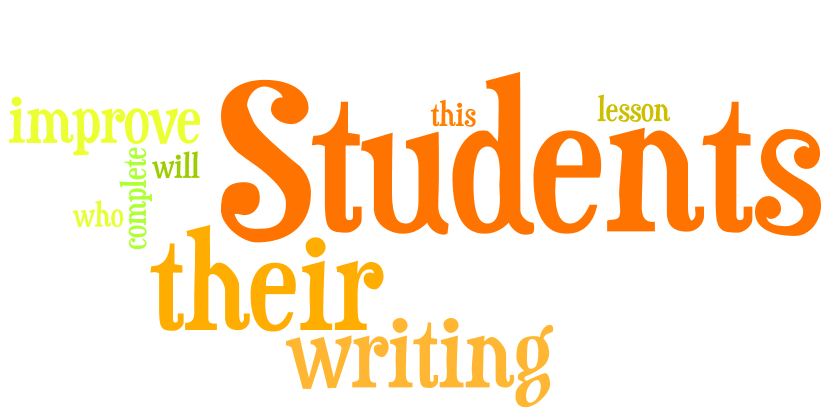
Source: Oh no! North American illiteracy..., bmatthiasp, Flickr
Caption: The author of this message meant to say “here,” a homophone for “hear.”
Homophones
Pronouns stand for nouns, and in grammar, they sometimes stand for confusion! Although pronouns are some of the shortest words in English, they cause more than their share of trouble. As you edit, watch for three homophones that are commonly confused with pronouns. These pronoun errors are important to learn because they sound alike and, therefore, won’t seem out of place when you are reading aloud.
The possessive pronoun its is often confused with the contraction it’s. If you can substitute “it is” for it’s, you’re dealing with a contraction.
When the parakeet is cranky, its squawk means it’s hungry.
If you’re one of the people who confuses the homophones
there, their, and they’re, perhaps this clue will help:
their is a possessive word and has heir in it.

Source: Mohawk, horizontal.integration, Flickr
Their heir inherited their hair.
As for there, it refers to a place; it’s like here and has here in it.
He blew his inheritance here and there.
Another set of homophones you often see confused is your and you’re. Your is a possessive and you’re is a contraction for “you are.” If you were talking about the boy with the Mohawk, you’d say:
You’re going to have fun this Halloween with your cute Mohawk.
Just between Us
Jessica Simpson’s song title “Between You and I” is grammatically incorrect. Why? Pronouns following prepositions like between should always be object pronouns because these pronouns are the objects of the preposition. Try this substitution. You don’t say “between you and I” for the same reason that you don’t say “give the book to I.” If you need to refresh your memory about personal pronouns, just look at the chart below.
| 1st person (subject) | 2nd person (subject/ object) | 3rd person (object) | |
|---|---|---|---|
| Singular | he, she, it, I | you | her, him, me, it |
| Plural | they | you | them, us |
Simpson’s song should be titled “Between You and Me.” Perhaps we can grant the lyricist some poetic license since “between you and I” rhymes with the second line “and the starlight of the sky.” Even Shakespeare wrote “between you and I” in The Merchant of Venice, but until you are an international pop star or the best known playwright in the Western world, you will need to write the correct phrasing—“between you and me.”
They and Their Can Spell Trouble
Grammar Girl, Mignon Fogarty, claims that “English has a big, gaping pronoun hole in that we have no word to describe an individual when we don’t know if he or she is male or female.” How would you fill in the blank in this sentence?
The student who completes this grammar lesson will improve ________ writing.
Did you insert “his” or “her” in the blank? With either choice you might hurt someone’s feelings. It’s best to avoid masculine pronouns—he, his, him—to refer generically to a human being. On the other hand, she refers to only half the population. One way to get around gendered pronouns is to use the plural.

Source: Wordle, IPSI
Students who complete this grammar lesson will improve their writing.
Another alternative for formal writing is to use both genders of the pronoun.
The student who completes this grammar lesson will improve his or her writing.
If neither of these alternatives is acceptable, you are faced with a grammatical problem. Even though you commonly hear sentences such as “The student who completes this grammar lesson will improve their writing,” this construction violates the rule that a pronoun must agree with its antecedent. The plural pronoun “their” does not agree in number with the singular antecedent “student.” The best solution is to eliminate such disagreements by editing and rewriting your sentences to avoid gender pronouns. It’s a little more trouble but usually results in better writing.
Speaking of editing, the tips you have learned in this lesson will help you revise and edit your writing assignments. Once you have revised your content as well your grammar, usage, and spelling, you might want to congratulate yourself as Steve Martin did upon completing a book:
I think I did pretty well, considering I started out with nothing but a bunch of blank paper.